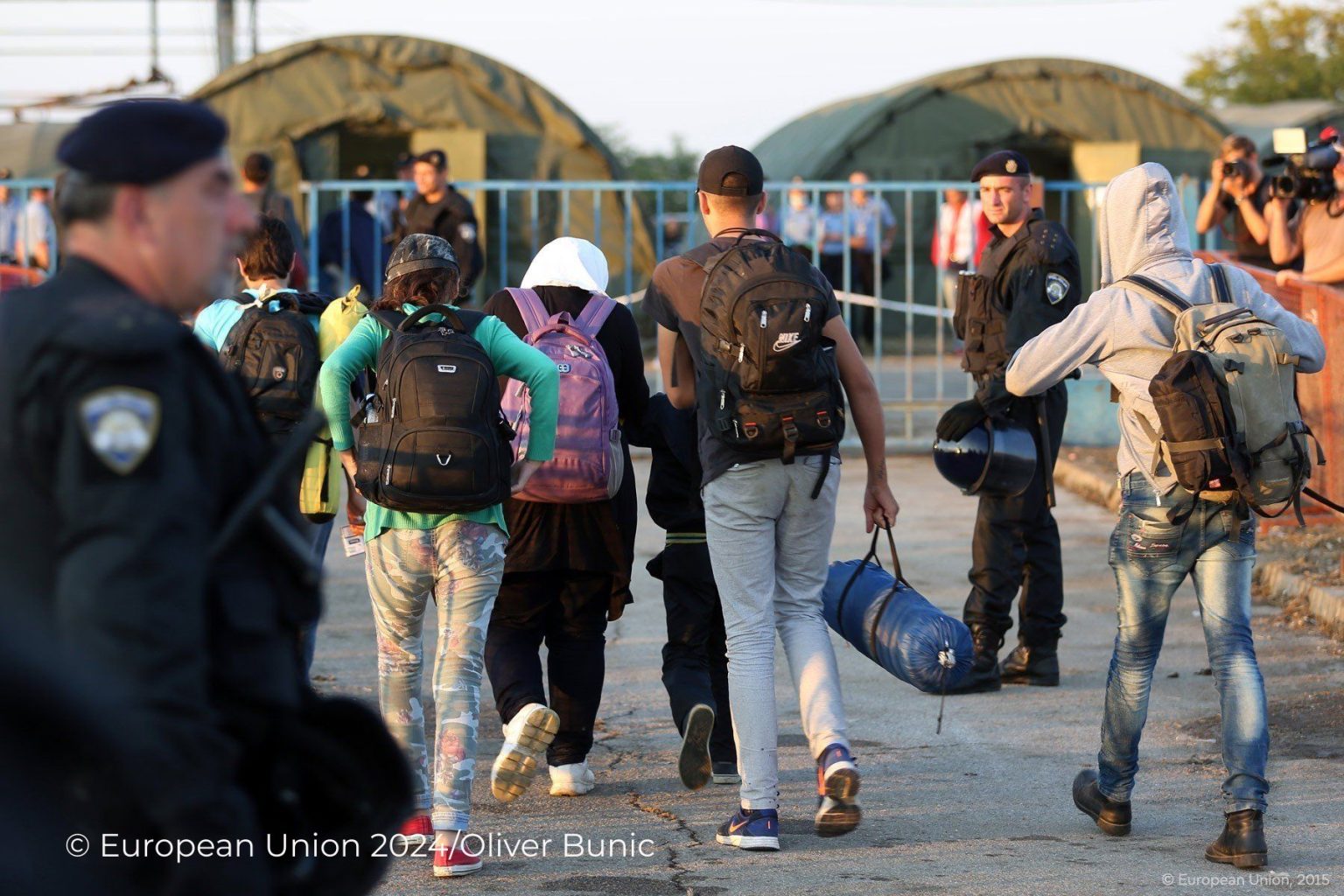In a landmark decision, the European Parliament has approved ten legislative measures aimed at reforming European migration and asylum policies in collaboration with EU member states.
Promoting Solidarity and Responsibility
To address migratory pressure, EU countries will implement measures such as relocating asylum seekers, providing financial assistance, or offering technical support to countries facing significant influxes. Updates to the Dublin rules, determining which member state is responsible for processing asylum applications, are also underway.
Crisis Management
A new regulation outlines procedures to address sudden increases in arrivals, ensuring solidarity among member states during exceptional influxes. Additionally, it addresses the exploitation of migrants by third countries or non-state actors aiming to destabilize the EU.
Enhanced Border Screening
Stricter screening procedures for third-country nationals entering the EU will include biometric data collection, health, and security checks within seven days. Independent monitoring mechanisms will safeguard fundamental rights.
Accelerated Asylum Processes
A common procedure for granting and withdrawing international protection will be established, with expedited processing at EU borders. Shorter deadlines for unfounded or inadmissible claims aim to streamline asylum procedures.
Strengthened Eurodac Database
Reformed Eurodac rules will store data of irregular EU arrivals, including fingerprints and facial images, to enhance security measures.
Uniform Qualification Standards
Uniform standards for recognizing refugee or subsidiary protection status, coupled with regular status reviews, aim to ensure fair treatment across member states.
Equal Reception Standards
Equivalent reception standards for asylum seekers, including housing, schooling, and healthcare, will be enforced across member states. Asylum seekers can begin working six months after filing their request.
Resettlement Framework
A new framework will facilitate the voluntary resettlement of UNHCR-recognized refugees from third countries to EU territory in a legal and safe manner.
Next Steps
Upon formal approval by the Council, the regulations will enter into force, expected within two years. Member states will have a similar timeframe to implement changes to their national laws.
Source: European Parliament




